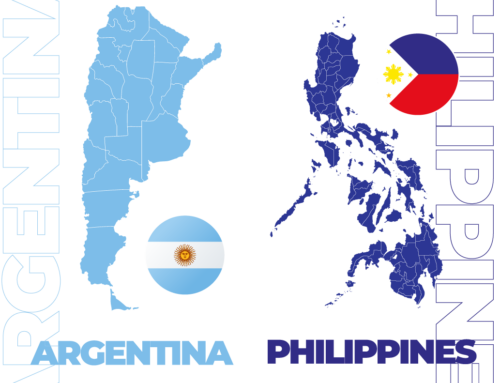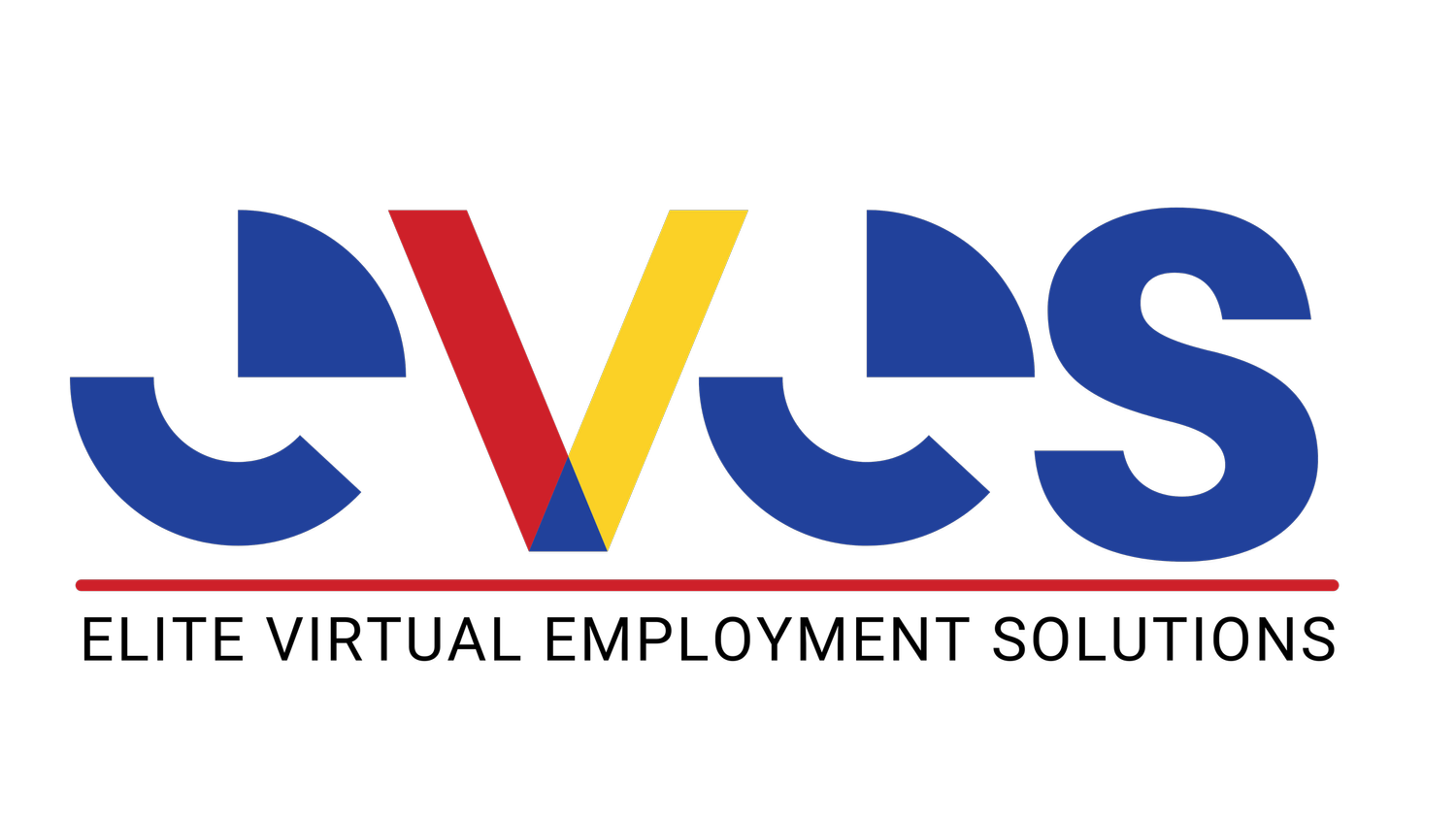Are you feeling overwhelmed by your payroll processing? Payroll can often be a time-consuming and tedious task. It involves more than just calculating gross pay, deducting taxes & benefits, tracking time records, and submitting reports to government.
Each of these have several challenges that, if not managed properly, can impact employee satisfaction and the company’s compliance with labor laws. Fortunately, you can hire payroll offshoring companies to streamline this function so your on-site staff can focus on core business tasks.
What is Payroll Offshoring?
Payroll offshoring is the process of hiring an employee or a team in another country to manage payroll tasks. The tasks of an offshore payroll department are the same as those of an in-house payroll team. Their responsibilities typically include:
• gathering hours worked, overtime, bonuses, and other earnings
• determining total earnings before deductions
• withholding federal, state, and local taxes, as well as contributions to benefits like healthcare and retirement plans
• issuing payments through direct deposit or checks
• maintaining accurate payroll records for compliance and audits
• submitting payroll taxes and reports to government agencies
Since offshore payroll staff perform the same duties as on-site staff, the biggest difference is the savings in labor & overhead. With offshore staff, organizations can save up to 70% on labor and as much as 50% on overhead.
As for the logistics and legalities of setting up and managing payroll operations in a foreign country, an offshore staffing agency can handle these complexities, including navigating local labor laws, tax regulations, and compliance requirements. The agency also handles payroll processing, tax compliance, employee data management, and other relevant functions.
Offshoring provides access to an international labor market, allowing you to find payroll professionals at competitive rates. Hiring offshore staff in the Philippines is popular and strategic for those considering this arrangement, as the country is known for its skilled workforce and cost-effective hiring rates, especially in the services sector.
Signs You Need Payroll Offshoring
Managing payroll in-house can become increasingly complex and time-consuming as your business grows. If you’re struggling to keep up with payroll demands or noticing inefficiencies in your current process, it might be time to consider payroll offshoring.
Here are some of the signs it might be time to consider payroll offshoring:
1. Strained Internal Resources
Managing payroll is resource-intensive; it requires dedicated staff, software, and infrastructure. As your company grows, the demands on these resources, especially your payroll department, can increase significantly.
When your internal team is stretched thin, they may struggle to keep up with the increased workload, leading to potential delays, errors, and reduced efficiency. By offshoring payroll functions, you free up valuable resources and precious time for your in-house staff.
2. Difficulty Finding Payroll Experts
Payroll requires knowledge of tax laws, regulatory compliance, and intricate payroll systems, but locating and retaining staff with the right skills and training can be challenging. In many regions, there is a limited pool of skilled payroll professionals, and the competition for top talent can drive up costs.
If this is your concern, offshoring can help you connect your business with experienced payroll offshore staff from the Philippines. The Philippines possesses a robust talent pool of payroll specialists with excellent analytical and mathematical skills, exceptional attention to detail, and experience in your local market. Many candidates also possess expertise in the most popular payroll software platforms, and other relevant tools.
3. High Employee Turnover in the Payroll Department
Frequent changes in payroll staff can disrupt the continuity and consistency of payroll processing, leading to errors and delays. Each new employee needs time to get up to speed with your company’s payroll systems, processes, and specific requirements. This learning curve can lead to errors, missed deadlines, and inconsistent payroll processing.
By offshoring your payroll to the Philippines, you can have a stable workforce with a strong emphasis on professional development. Many payroll professionals in the country view their roles as long-term careers, contributing to low turnover rates.
4. Frequent Payroll Compliance Challenges
Payroll compliance involves adhering to various regulations, including tax laws, labor laws, and reporting requirements. If you are constantly having issues keeping up with these responsibilities, it may already indicate that you need more specialized support.
Offshoring payroll can provide access to experts with a broad range of experience and training. Filipino payroll talents, in particular, are adept at handling intricate compliance issues across various regions. Backed with the latest tools and continuous learning, Philippine offshore payroll staff can help ensure your business complies with relevant regulations.
Unlock the Power of Offshoring with EVES Today!
Offshoring payroll offers several benefits, including cost savings, increased efficiency, access to expertise, and enhanced data security. By delegating payroll functions to a qualified provider, businesses can focus on core competencies and mitigate risks associated with payroll management.
Discover the power of payroll offshoring with Elite Virtual Employment Solutions (EVES), your partner in finding top-notch staff at budget-friendly rates.
We empower your business at EVES by connecting you with top Filipino talent, bridging the gap between your needs and cost-effective solutions. Build a high-performing team today by contacting us at (747) 300-3234 or sending an email to info@evesolutions.net









Leave A Comment
You must be logged in to post a comment.